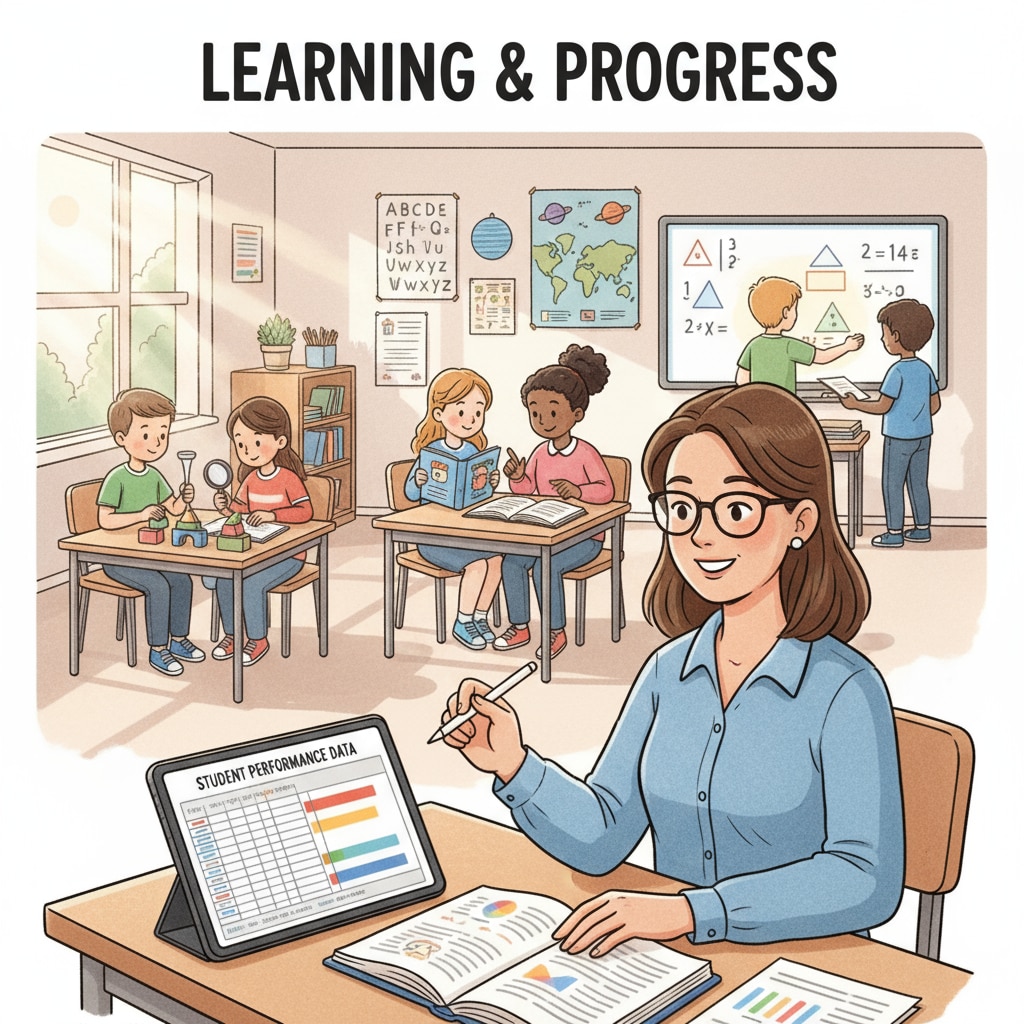In the contemporary landscape of K12 education, data recording, micromanagement, and administrative supervision have become crucial aspects that significantly impact teachers’ work environment and educational outcomes. Teachers frequently find themselves in a complex situation, torn between the need to meet strict data recording requirements and the longing for professional autonomy. This article aims to explore this delicate balance and propose solutions for fostering teacher professional growth.

The Impact of Administrative Supervision
Administrative supervision in education serves several important purposes. It ensures that educational institutions adhere to educational policies and standards. For example, it monitors whether schools are providing a comprehensive curriculum and maintaining appropriate teaching methods. However, excessive administrative supervision can turn into micromanagement, which has detrimental effects. When administrators closely monitor every aspect of a teacher’s work, such as the exact teaching materials used and the minute-by-minute lesson plans, it can stifle teacher creativity. According to National Education Association, teachers may feel restricted and less motivated to innovate in their teaching approaches.
The Struggle with Data Recording
Data recording has become an integral part of modern education. It helps educators track student progress, identify areas of improvement, and make informed decisions. However, the burden of extensive data recording can be overwhelming for teachers. They are often required to record various types of data, from test scores to daily classroom behavior. This can take up a significant amount of their time that could otherwise be spent on lesson planning and interacting with students. As a result, teachers may experience increased stress levels. Education Week has reported on numerous cases where teachers feel pressured by the constant data recording demands.

To address these issues, a new trust-based professional development model is needed. This model should start with administrators building trust with teachers. By believing in teachers’ professional capabilities, administrators can grant them more autonomy in areas such as curriculum design and teaching methods. In return, teachers should be held accountable for achieving educational goals. This way, teachers will be more motivated to take ownership of their teaching and contribute to better educational outcomes.
Readability guidance: In this article, we’ve seen how administrative supervision, when mismanaged as micromanagement, and excessive data recording can hinder teacher autonomy. By understanding these issues and implementing a trust-based model, we can create a more favorable environment for teacher professional growth. Using short paragraphs and clear headings, we’ve explored the key aspects related to data recording, micromanagement, and administrative supervision in education.


